Rebut and Appeal a Negative Military Evaluation
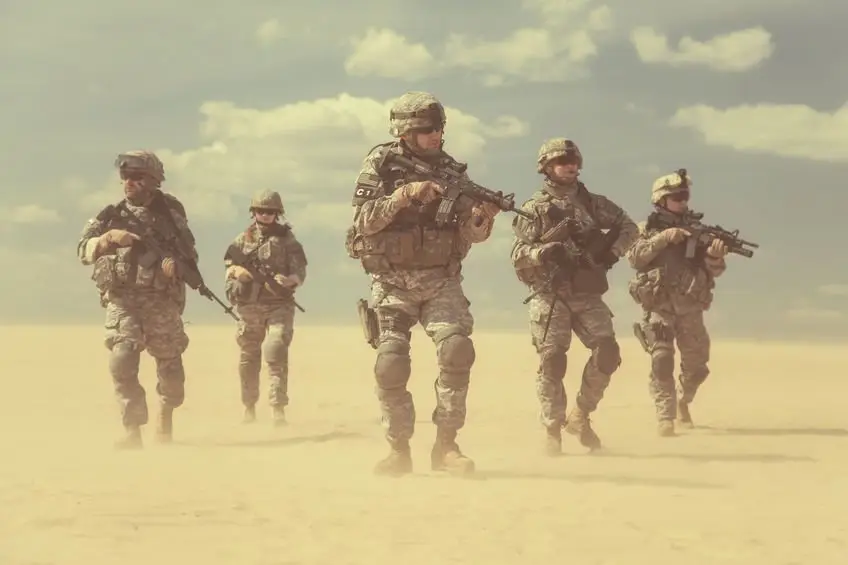
Service members should consider rebutting or appealing a negative military evaluation to avoid lasting effects on their careers.
BAH and Travel Fraud
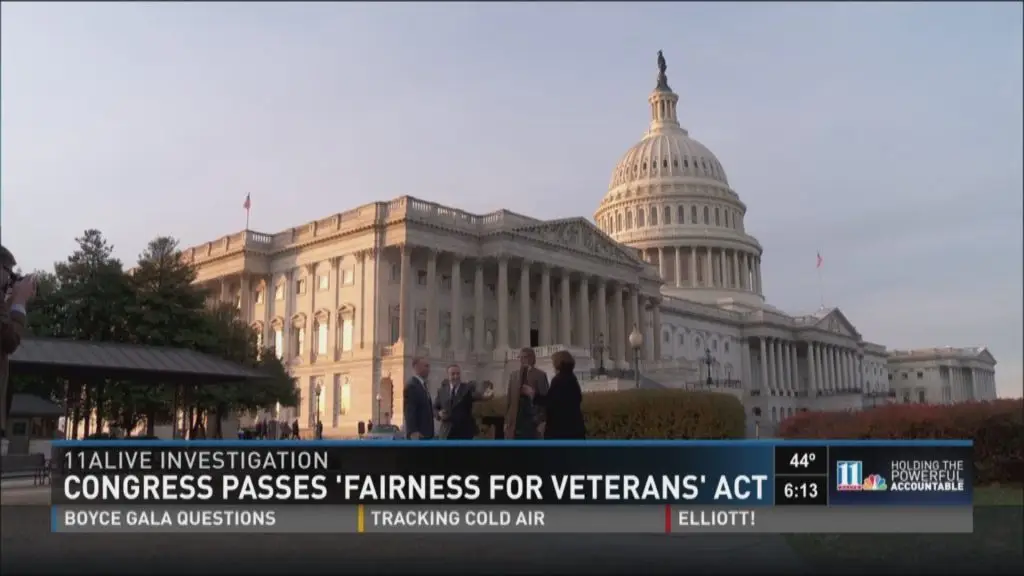
We represented an NCO at a General Court-Martial who was accused of Larceny in violation of Article 121 of the Uniform Code of Military Justice (UCMJ) and making False Official Statements in violation of Article 107 UCMJ, related to alleged BAH fraud.
Questions About Military Drug Testing

While preparing for a court-martial case at Fort Bragg I had the chance to speak with a Forensic Toxicologist who was one of my experts for the case. The Toxicologist works as a civilian for the military. He has spent years working with military drug testing facilities and is familiar with their internal processes and the studies that evaluate military drug testing procedures.
Will the Military Automatically Upgrade My Discharge?

One of the most common urban legends throughout the military is that a negative service characterization or discharge will be upgraded after six months. Throughout the last decade and a half that I have been practicing military law, I have heard this idea repeated many times.
When Experts Matter

We litigated a hard-fought trial in Pennsylvania involving the death of a woman. We obtained a full acquittal after almost two years of motions practice and battling with the prosecution. Even though the trial lasted four long days, the jury deliberated for less than 30 minutes before reaching a verdict.
Should I Go Judge Alone?
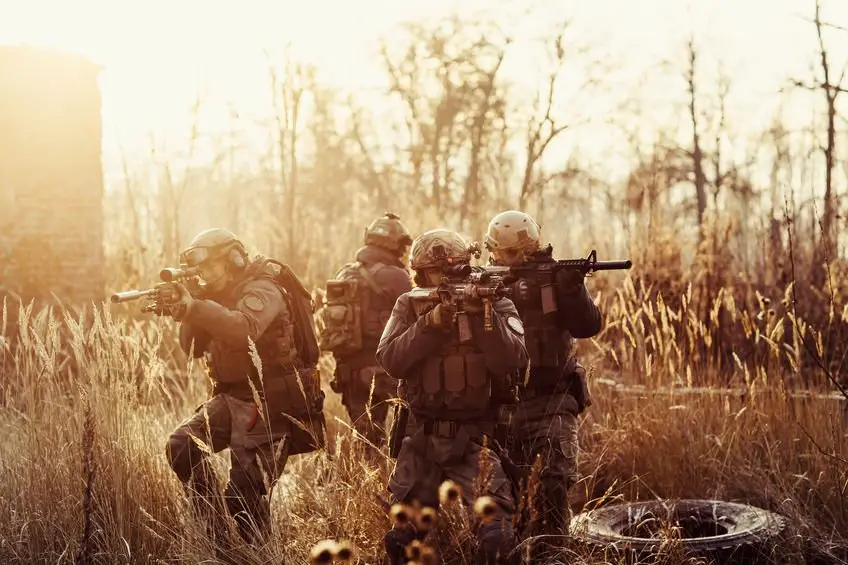
One of the frequent questions I hear in my practice relates to whether or not a military member facing court-martial should “go judge alone.” That means that a military judge rather than a court-martial panel will decide guilt or innocence and then decide on an appropriate sentence.
Temporary Disability and Severance Pay

As a Soldier, physical and mental fitness for duty is required to serve. If an injury or illness has compromised a Soldier’s ability to serve, medical retirement does not automatically follow.
Strategic Court-Martial Defense
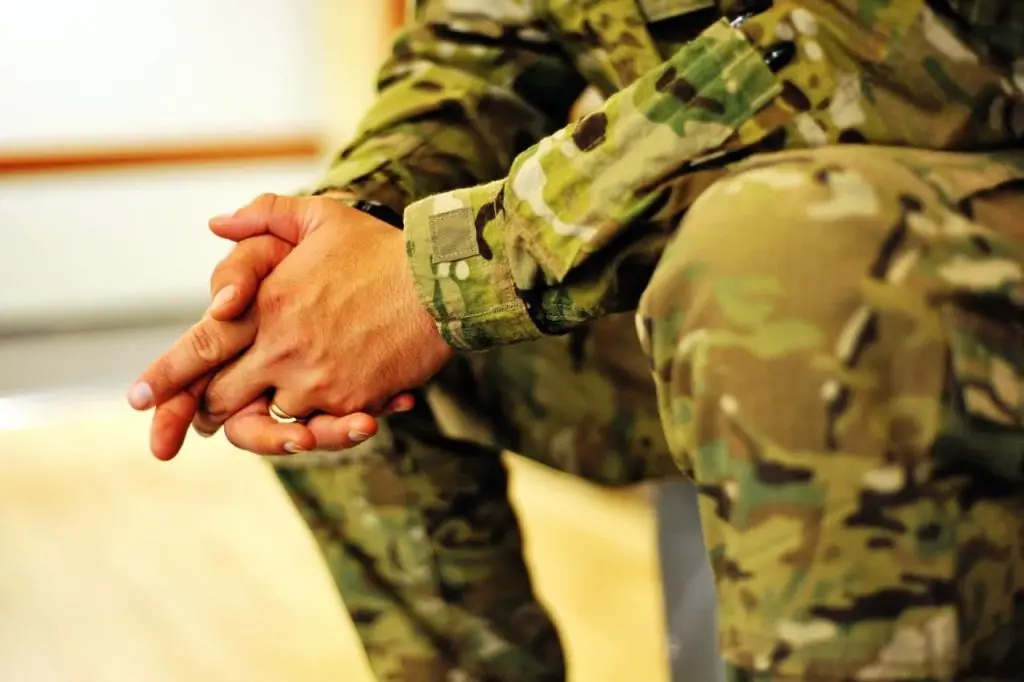
“Strategic” refers to identifying long-term or overall aims and interests and the means of achieving them. Recently, during one of our Friday afternoon meetings, our firm’s attorneys discussed the goals and reasonable potential outcomes for several of our ongoing cases.
Military Body Composition
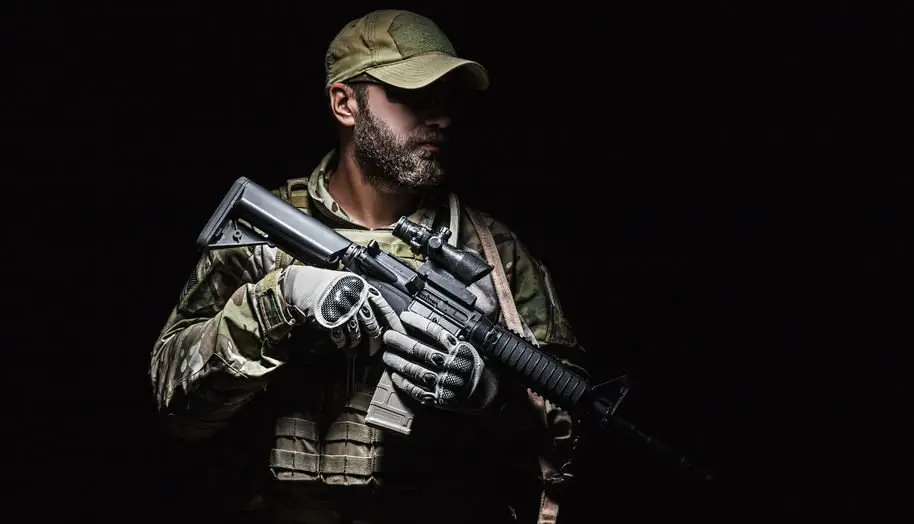
To become a service member in the armed forces, you must be physically healthy. That expectation remains even after you enlist or are commissioned as an officer. If you fail to maintain weight standards, it may result in separation.
Promotion Review Board
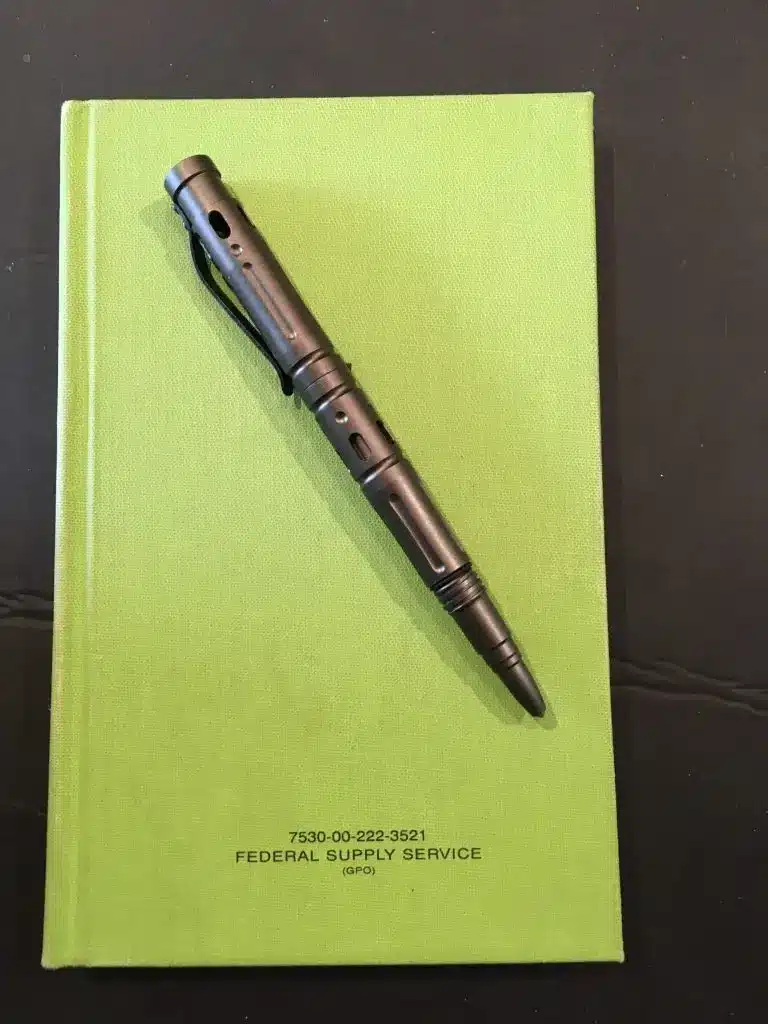
By Army Regulation 135-155, Promotion of Commissioned Officers and Warrant Officers Other Than General Officers, paragraph 3-18, the appointment of an officer may be delayed in any case in which there is cause to believe that the officer is mentally, physically, morally, or professionally unqualified to perform the duties of the grade for which he or she was selected for promotion.

